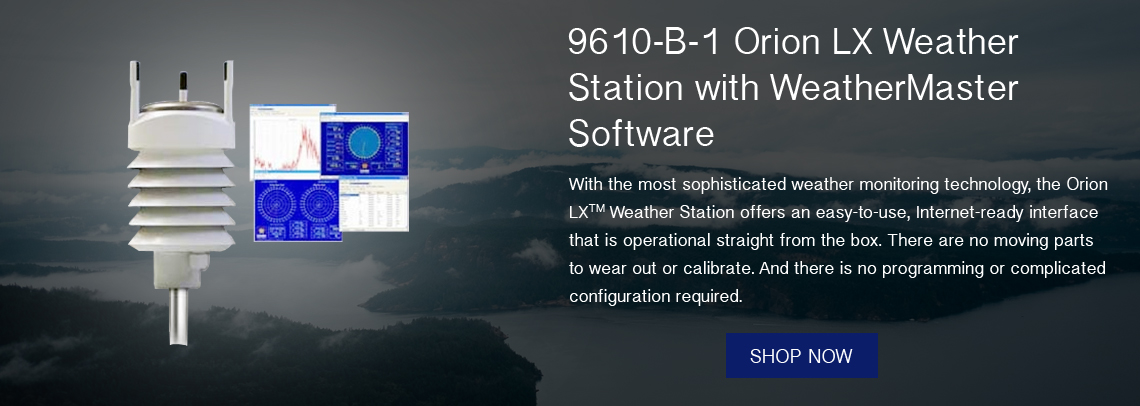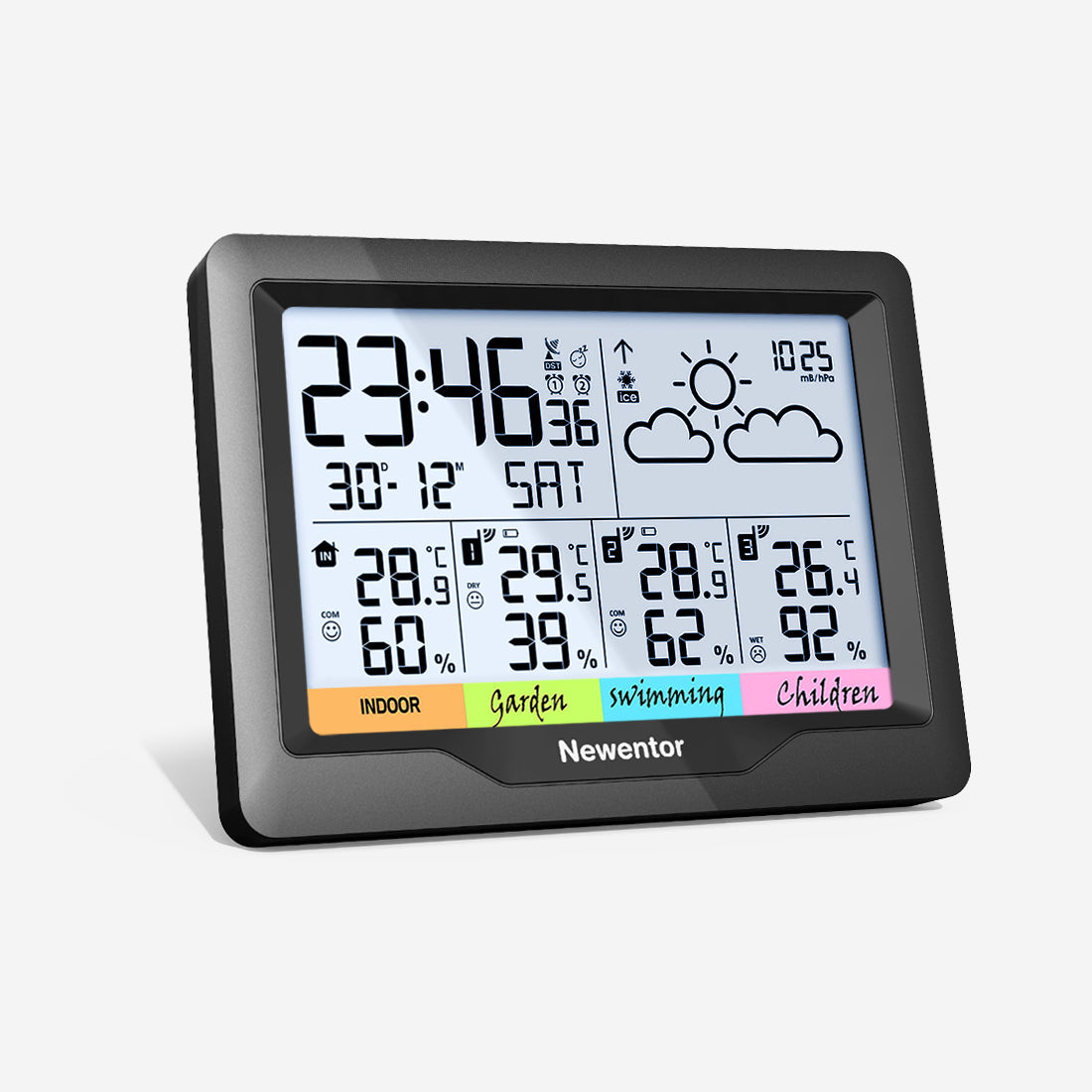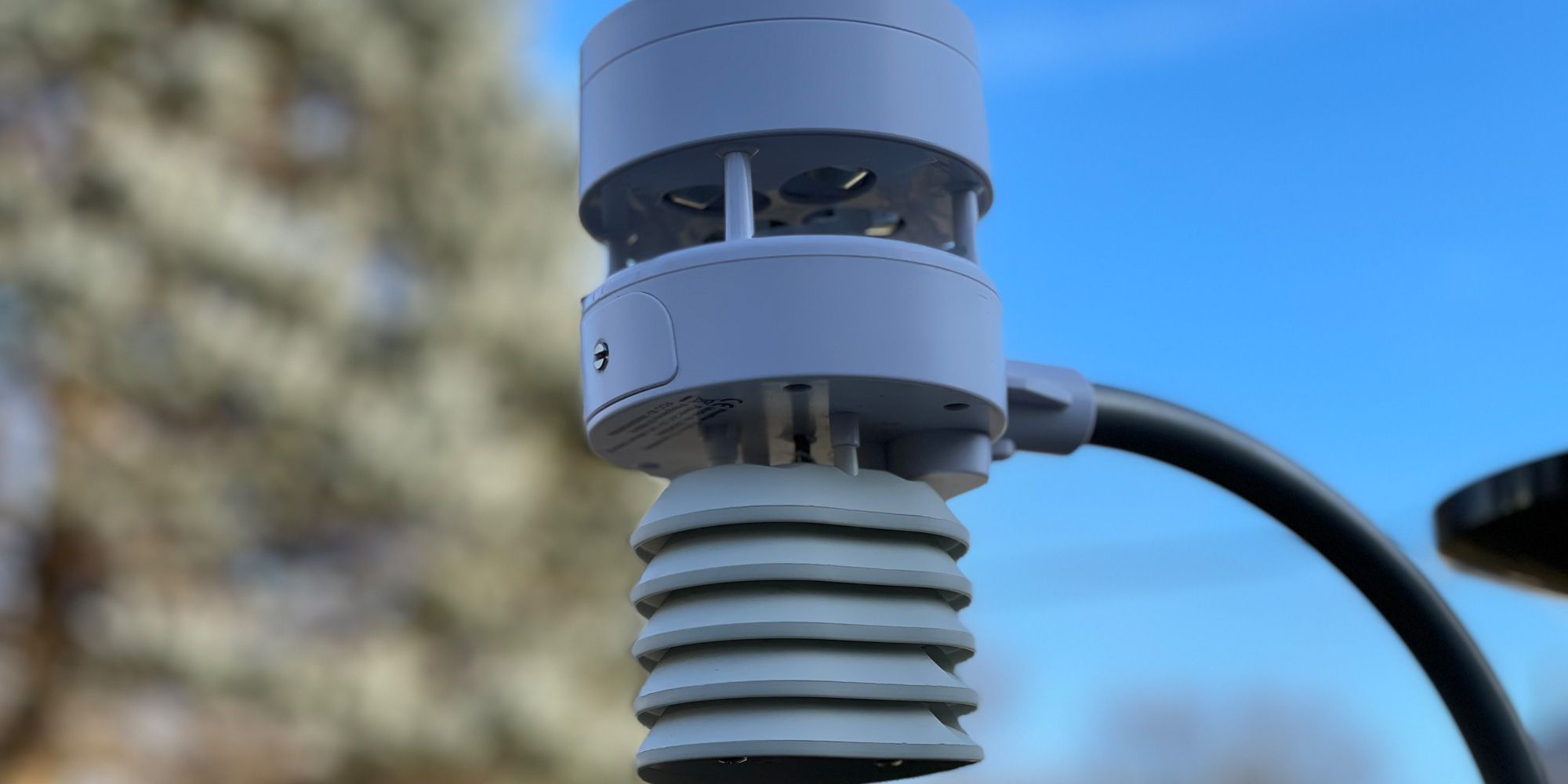The Impact of Advanced Weather Stations on Personal and Expert Meteorology
The Impact of Advanced Weather Stations on Personal and Expert Meteorology
Blog Article
Revealing the Value of Using a Professional Weather Station in Numerous Industries
In the world of various sectors, the application of a specialist weather terminal stands as a vital element in functional structures. The effects of employing an expert weather condition terminal go beyond the surface area level of information collection.
Enhancing Decision-Making With Accurate Data
Enhancing decision-making in markets is greatly facilitated by the application of accurate information gotten from professional weather condition stations. Trusted weather info is crucial for different markets, consisting of agriculture, power, transport, and construction. By including information from professional weather terminals into their decision-making processes, markets can make enlightened selections that favorably impact their procedures.

Improving Precaution and Preventative Measures

Additionally, expert weather stations provide thorough understandings into various meteorological parameters like temperature level, humidity, wind speed, and rainfall degrees. This information is vital for carrying out tailored safety actions based upon particular climate condition. For example, recognizing wind patterns can aid in securing loosened things or scaffolding to protect against mishaps throughout strong gusts. Keeping an eye on temperature variants is vital for implementing warmth stress avoidance steps in high-temperature settings. On the whole, integrating information from specialist weather stations encourages industries to prioritize safety and security and preemptively address weather-related risks, securing both employees and assets.
Boosting Operational Effectiveness and Efficiency
To make best use of and maximize functional procedures outcome levels in industrial settings, a tactical usage of data-driven understandings and streamlined workflows is paramount. Professional climate terminals play a crucial duty in boosting functional effectiveness and efficiency across numerous sectors. By supplying real-time and accurate climate information, these stations enable businesses to make informed choices that can positively impact their procedures.
One significant way weather terminals add to boosting operational efficiency is by aiding in source management. With precise weather report, industries can better allocate sources such as manpower, products, and equipment. As an example, understanding in development about an upcoming storm can help services adjust their routines, making sure the security of employees and see avoiding pricey delays.
Furthermore, expert climate stations assist maximize power usage. By keeping track of climate condition like temperature, wind rate, and sunshine levels, industries can readjust their energy consumption patterns appropriately. This not just leads to cost financial savings but also decreases the ecological influence of too much power usage. Generally, incorporating a specialist climate station into industrial procedures can result in smoother process, raised productivity, and inevitably, boosted earnings.
Optimizing Source Administration and Planning


Professional climate stations play a pivotal duty in enhancing resource monitoring and planning within commercial procedures by offering essential real-time information insights. By properly checking weather such as temperature level, humidity, wind rate, and precipitation degrees, these weather terminals allow markets to make informed choices concerning source allowance and preparation. In agriculture, real-time weather condition data aids farmers figure out the optimal timing for growing, irrigation, and collecting activities, leading to boosted crop returns and resource performance. In the power sector, expert climate stations help in forecasting wind patterns for wind farms, permitting for better use of wind power resources. In construction, keeping an eye on climate problems can help in scheduling outside tasks successfully, decreasing delays due to adverse weather. In general, the exact data supplied by specialist climate terminals encourages sectors to simplify their source management methods, improve functional effectiveness, and ultimately improve their bottom line.
Guaranteeing Industry-Specific Weather Surveillance
Making sure accurate and customized weather condition tracking solutions for varied industrial fields is essential for maximizing operational procedures view it and reducing weather-related risks. Different sectors have special weather level of sensitivities that can considerably click here to read influence their operations. In farming, monitoring humidity, temperature, and rainfall is essential for plant management and disease avoidance. The aeronautics sector counts on exact wind speed and direction information for safe liftoffs and landings. Construction business require real-time climate updates to set up exterior projects successfully and ensure worker security.
Stores track weather condition fads to change inventory levels based on anticipated demand adjustments driven by weather condition problems. By investing in specialist weather condition terminals developed for industry-specific requirements, companies can remain ahead of climate difficulties and make educated decisions to secure their operations.
Verdict
To conclude, using a specialist weather station in different markets is important for improving decision-making, improving precaution, boosting functional efficiency, maximizing source management, and making sure industry-specific climate surveillance. By making use of trustworthy and exact data supplied by an expert weather condition terminal, markets can make educated choices, alleviate dangers, and make the most of efficiency. It is necessary for firms to purchase expert weather condition stations to stay ahead of the curve and keep an affordable side in today's swiftly transforming environment.
By using an expert weather condition station, markets can improve their capability to keep an eye on weather condition conditions accurately, permitting for aggressive security procedures. By accurately keeping track of weather condition conditions such as temperature, moisture, wind rate, and rainfall levels, these weather condition stations make it possible for sectors to make enlightened decisions concerning resource appropriation and preparation - Weather Stations. In building, checking weather condition conditions can help in organizing exterior tasks effectively, decreasing hold-ups due to unfavorable climate. By spending in expert weather terminals created for industry-specific needs, organizations can stay in advance of weather condition challenges and make notified choices to secure their operations
In final thought, the use of a specialist weather condition terminal in different sectors is important for enhancing decision-making, improving security measures, improving operational effectiveness, maximizing resource monitoring, and ensuring industry-specific weather tracking.
Report this page